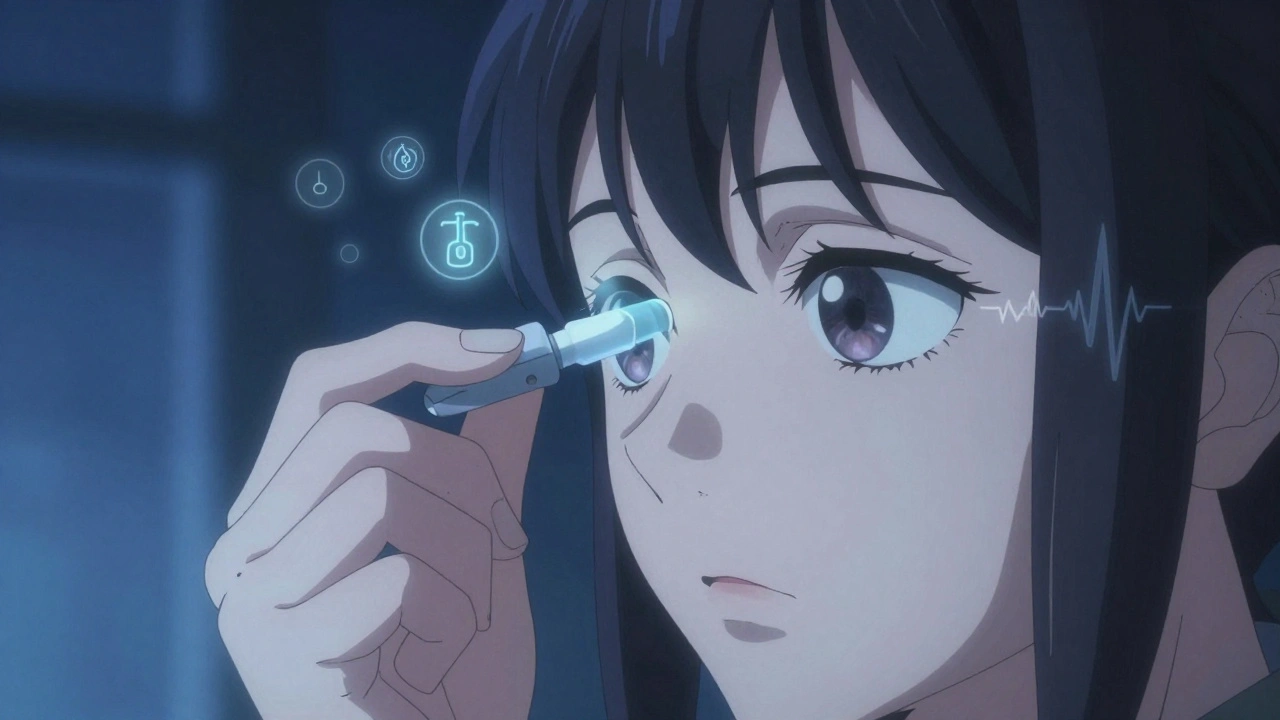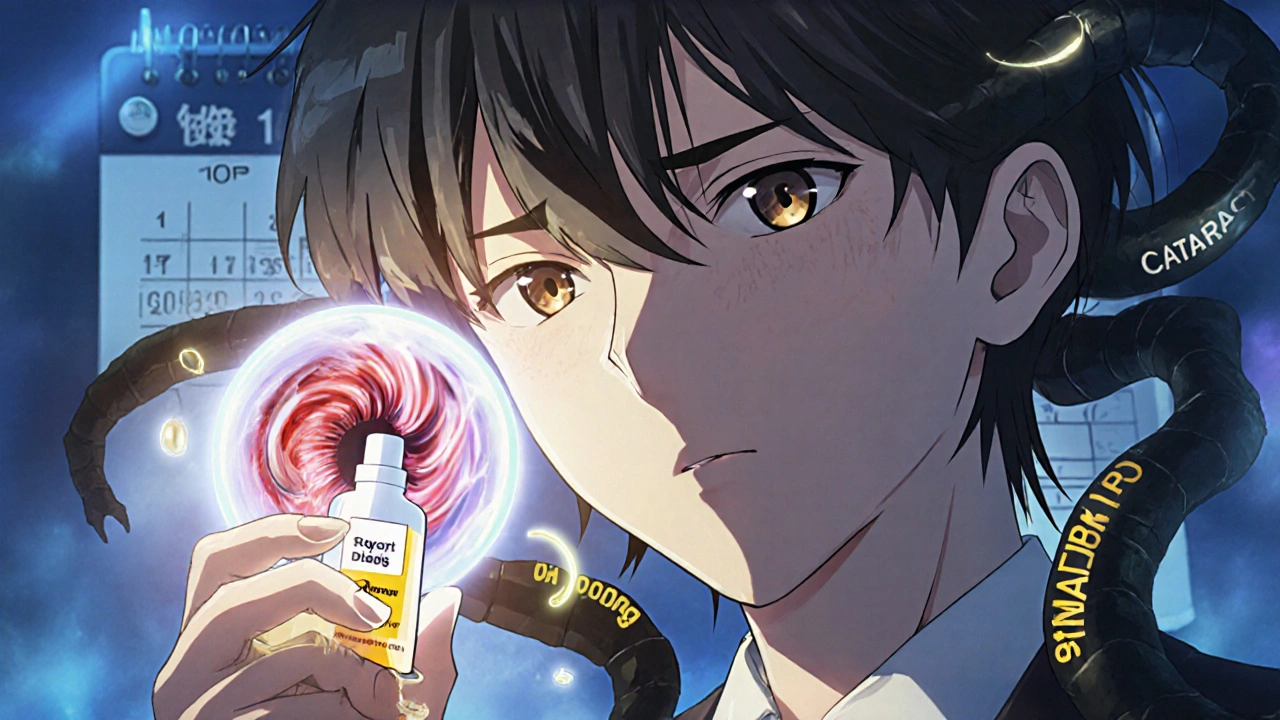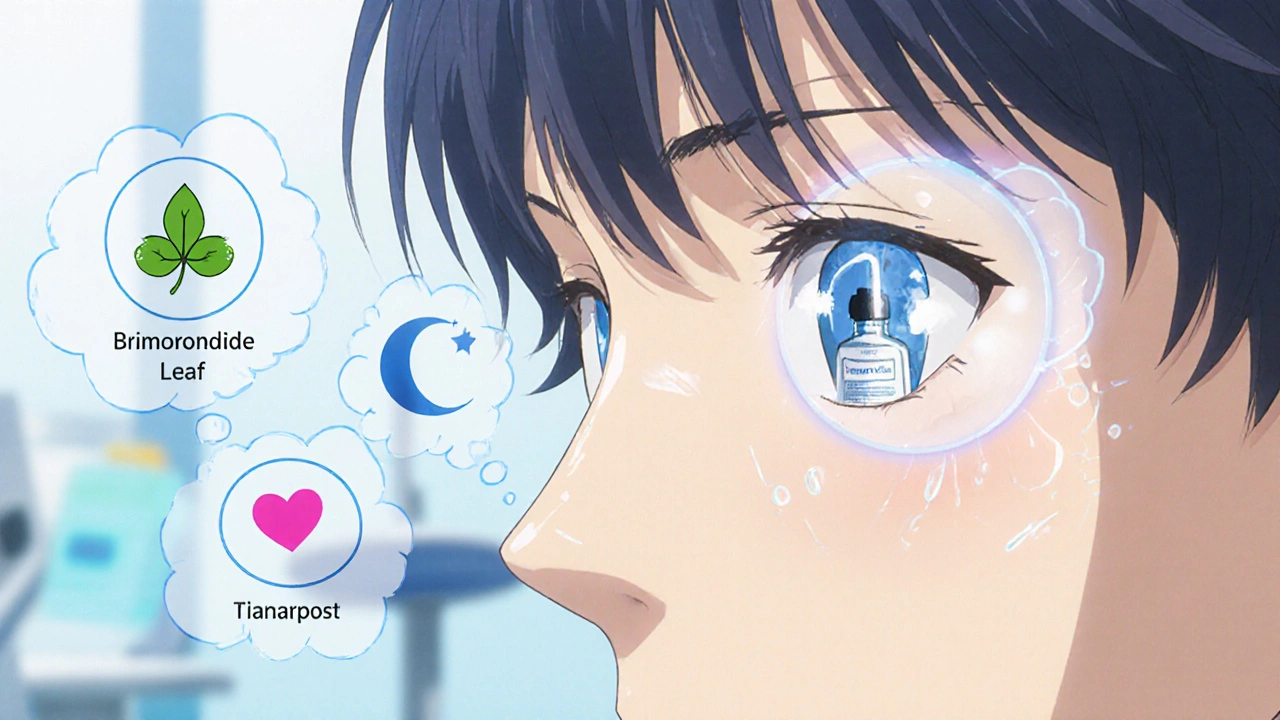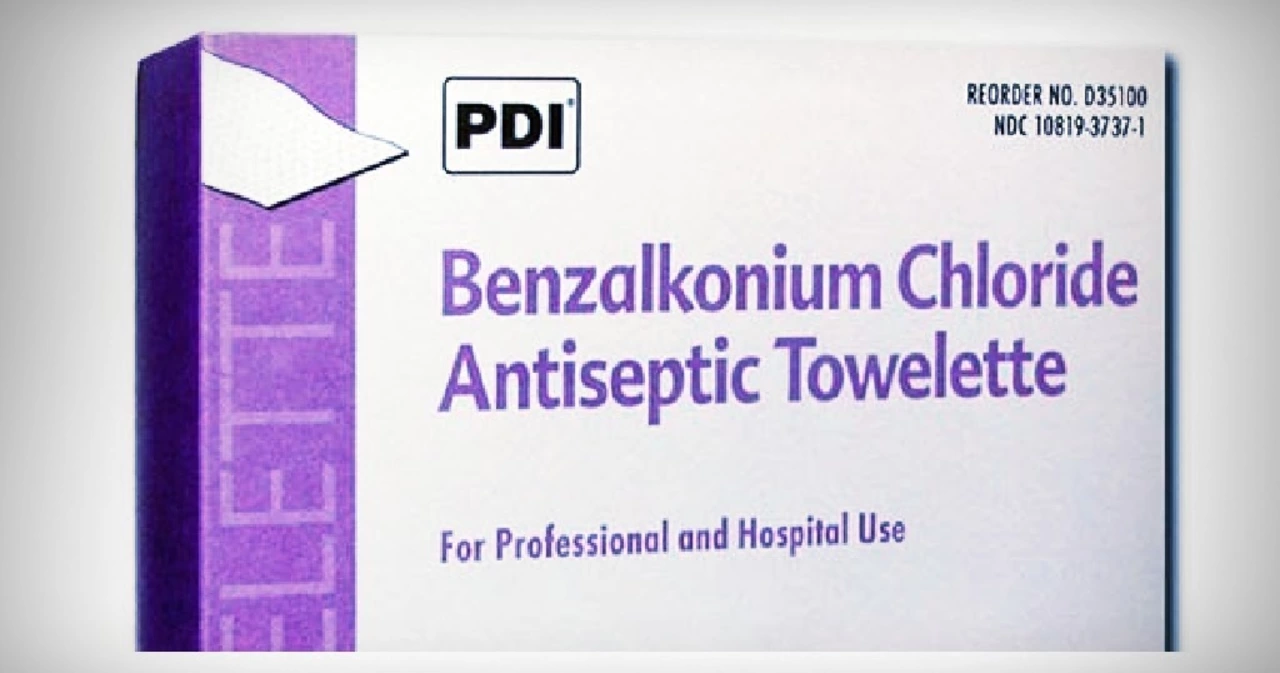Eye Health: Simple Steps to Spot Problems and Care for Your Eyes
Your eyes tell you a lot about your health. Knowing common signs of trouble and what’s in your eye care products helps you act fast and avoid avoidable irritation. Below I cover key warning signs, basic care tips, and what ingredients like benzalkonium chloride and zinc oxide can mean for everyday eye products.
Spotting inflammation in lupus
If you have lupus, your immune system can affect the eyes. Watch for persistent redness, pain, sensitivity to light, blurred or double vision, or a feeling that something is stuck in your eye. These aren’t just annoying symptoms — they can signal inflammation of the conjunctiva, cornea, or inside the eye itself.
If symptoms appear suddenly or your vision changes, contact your ophthalmologist. For mild, known flare-ups your doctor may suggest topical anti-inflammatory drops, steroid treatments, or adjusting your systemic lupus medication. Don’t self-treat with random drops; some over-the-counter products can worsen inflammation or irritate sensitive eyes.
Routine checks matter. Ask your rheumatologist and eye doctor to coordinate care so they can catch changes early and adjust treatment. Keep a simple log of symptoms — when they start, what makes them better or worse, and any triggers like bright light or dry air. That helps your doctor make faster, clearer decisions.
What’s inside your eye drops and ointments?
Benzalkonium chloride (BAK) is a common preservative in many eye drops. It kills bacteria and keeps multi-dose bottles safe. But BAK can irritate some people, especially contact lens wearers or those with chronic dry eye. If your eyes sting after using a drop, try a preservative-free option or single-use vials and tell your doctor.
Zinc oxide is widely used for skin protection and minor irritation. In eye care, zinc compounds sometimes appear in ointments aimed at protecting the eyelid skin or soothing surface irritation. These products can help when used as directed, but they’re not the same as medicinal eye drops for internal inflammation. Ask your pharmacist where a product is best used — on the skin around the eye or exactly in the eye.
Always check product labels and ask if a preservative-free formula exists when you have chronic eye issues. If you wear contacts, put in lenses after using drops unless the product says it’s safe for contact wearers.
Small habits make a big difference: wash hands before touching your eyes, avoid rubbing, use humidifiers in dry rooms, and wear sunglasses outside. If you have lupus or ongoing eye symptoms, schedule regular eye exams and bring questions about ingredients and treatments to your appointments. A little vigilance keeps your vision clearer and your eyes more comfortable.
Glaucoma Medications: Prostaglandins vs Beta Blockers and What You Need to Know About Safety
Prostaglandins and beta blockers are the two main eye drops used to treat glaucoma. Learn how they work, their side effects, safety risks, and which one is right for you based on your health and lifestyle.
Steroid Eye Drops: Benefits, Risks, and How to Monitor Them Safely
Steroid eye drops reduce severe eye inflammation but carry risks like glaucoma and cataracts. Learn how to use them safely, recognize warning signs, and monitor for hidden damage before it's too late.
Top Alternatives to Dorzolamide Eye Drops for Glaucoma Treatment
Explore effective alternatives to Dorzolamide eye drops, including brimonidine, timolol, latanoprost, and pilocarpine, with tips on choosing the right option and a handy comparison table.
Coping with Eye Cancer Treatment Side Effects: A Practical Guide
Learn how to manage the physical and emotional challenges of eye cancer therapy. Practical tips, medical options, and supportive resources for patients and families.
Understanding Eye Inflammation in Lupus Patients
Lupus is an autoimmune disorder that can cause a variety of symptoms, including eye inflammation. People with lupus might experience discomfort, vision changes, and other eye-related issues due to the condition. It's important for lupus patients to be aware of these potential eye problems to manage their health effectively. This article explores the causes, symptoms, and management of eye inflammation associated with lupus.
How benzalkonium chloride/zinc oxide is used in eye care products
As a blogger, I recently came across an interesting topic about how benzalkonium chloride and zinc oxide are used in eye care products. These two ingredients are commonly found in over-the-counter eye drops and ointments, mainly due to their antibacterial and astringent properties. Benzalkonium chloride acts as a preservative and disinfectant, while zinc oxide is often used to soothe and protect the eye. These ingredients work together to keep our eyes healthy and clean, while also providing relief from various eye irritations. It's fascinating to learn how everyday products contain such essential components for our eye care.






